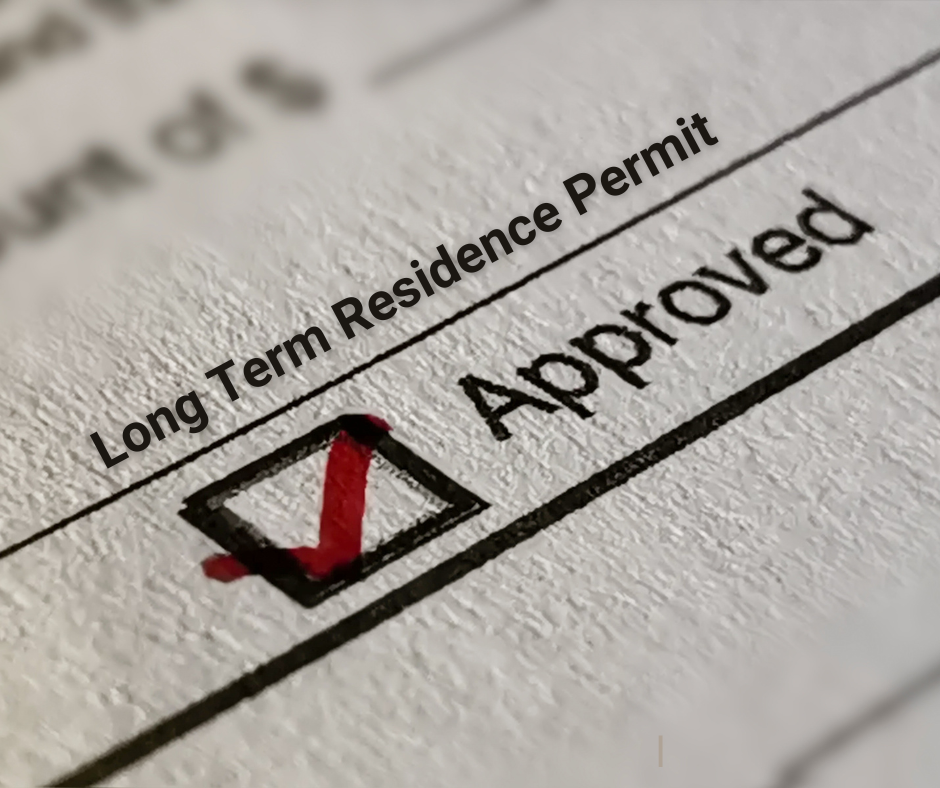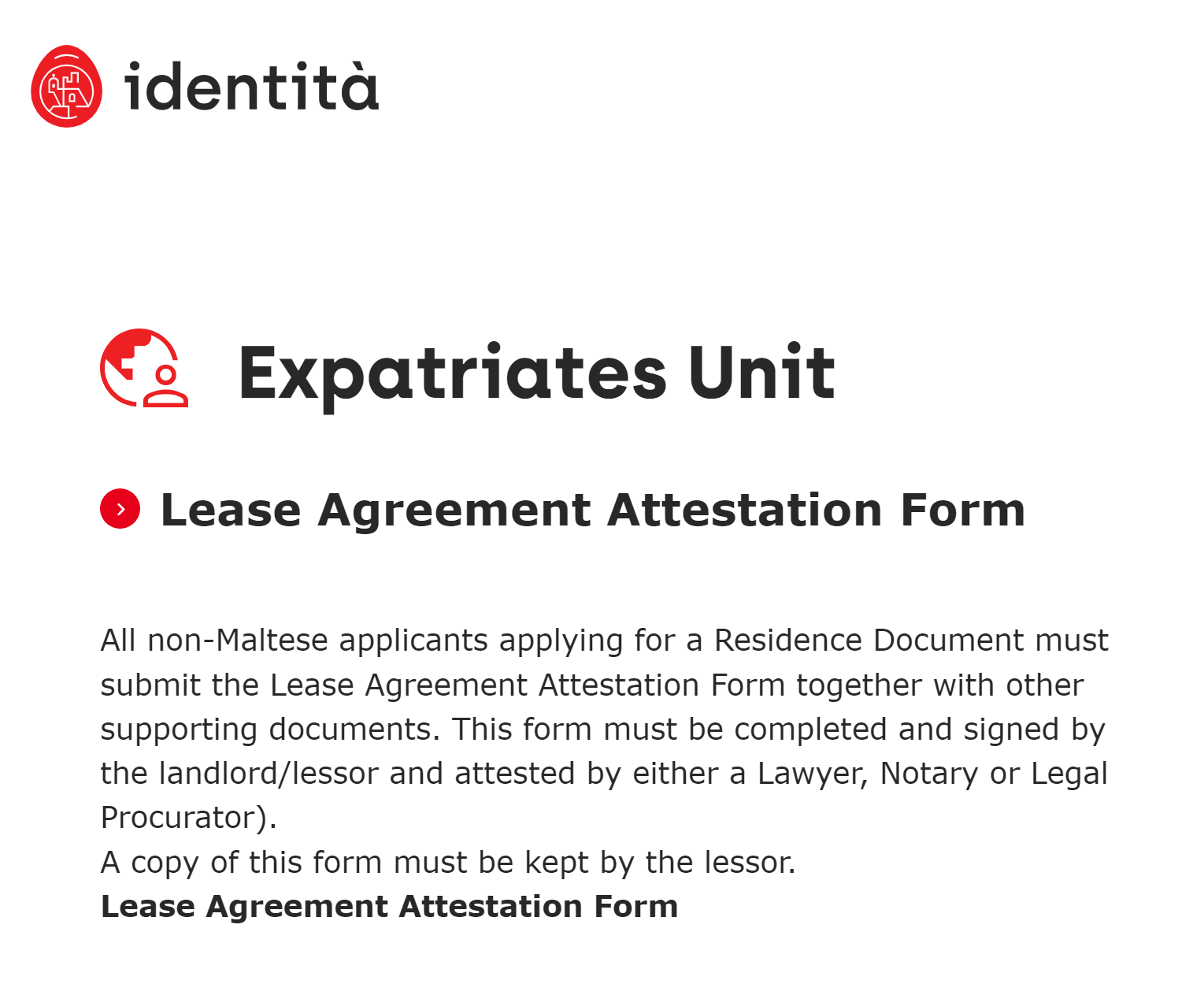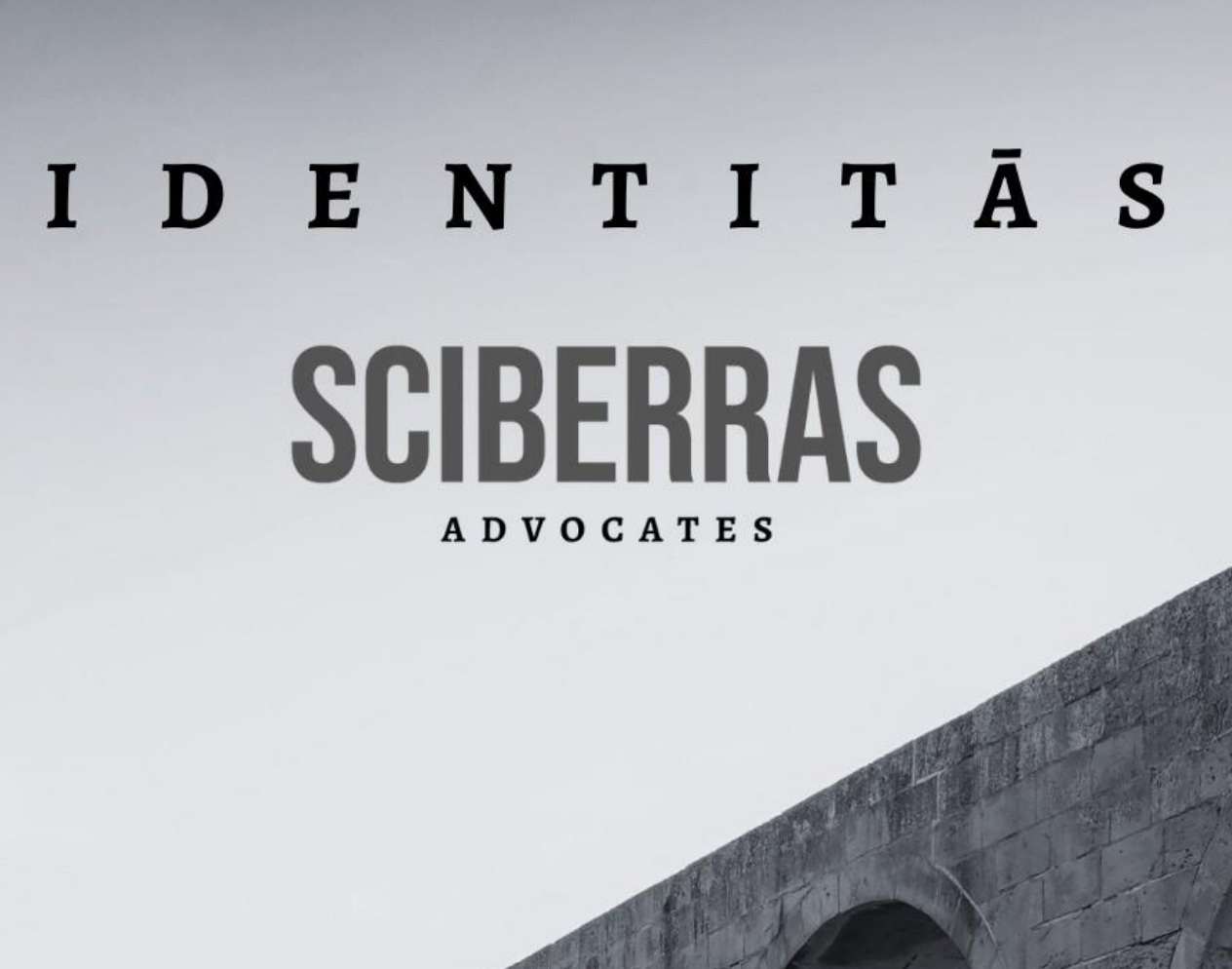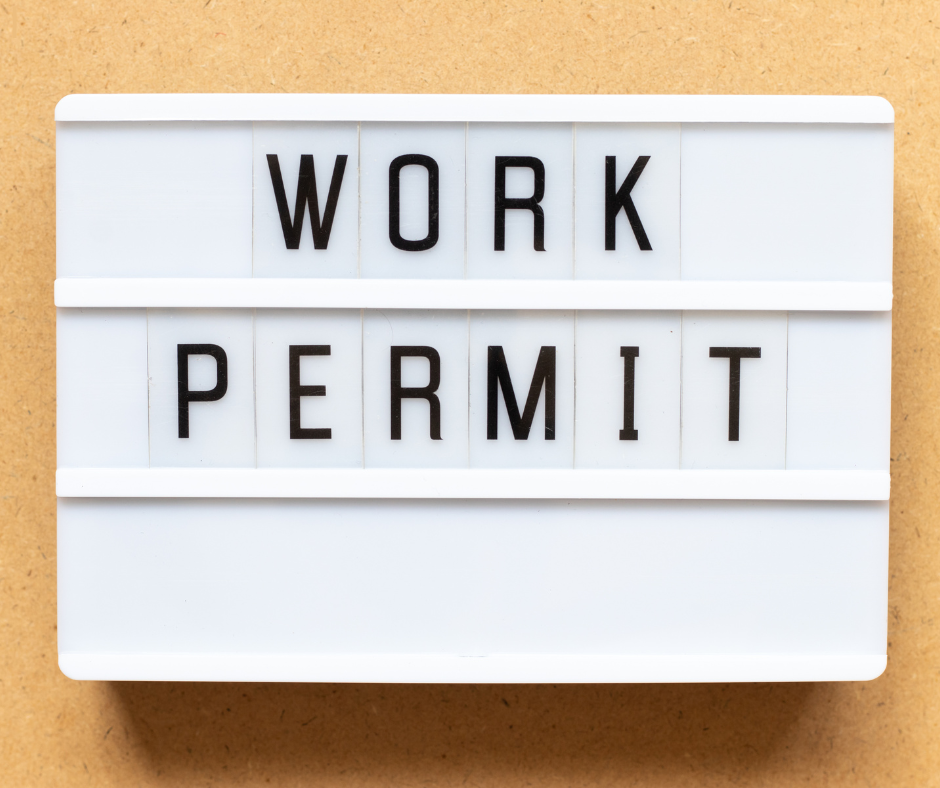Preliminary
An appeal against the Health Care Professions Appeals Committee’s rejection decision, concerning our client, an Iranian national.
Facts
Our client, an Iranian passionate about nursing, enrolled in a University of Santo Tomas in the Philippines, one of the top universities in the country, to pursue a degree in nursing. However, just a month before graduation, it came to light that in accordance with Article IV, Section 13(a) of the Philippine Nursing Act of 2002, she was not entitled to take the Philippines Nursing Licence Exam – a necessary qualification for registration as a nurse in the country. In terms of the above cited legislation, only Filippino nationals or those from countries who have reciprocity with the Philippines (in this case, Iran), could take the exam. Unfortunately, our client was unaware of these restrictions, and they were only communicated to her by her professors.
To verify the existence of reciprocity between the Philippines and Iran, the appellant had asked her parents who were residing in Iran to obtain proof of such. However, the Iranian Ministry of Health refused to provide the required documentation, rendering it impossible for the client to prove reciprocity- especially given that Iran’s laws are also not made available online.
Consequent to this, the client began exploring alternative routes for obtaining her nursing licence. She applied for the University of Malta’s ‘Certificate for Graduates of Non-EU/EEA Nursing Programmes’.
Before the commencement of her course in Malta, she visited her family in Iran, where she enquired about her eligibility for registration as a nurse there. She was informed that a confidential letter would be sent to her desired place of employment, enabling her registration after a two-year probationary period. However, she only received such confirmation after she had already relocated to Malta. Accordingly, her mother attempted to obtain an international document for use abroad, but this request was denied.
When in Malta, the client sought registration as a nurse with the Council for Nurses and Midwives. However, she was informed that registration in Malta required a registration certificate and a good standing certificate from the council in the country where she pursued her studies. Despite repeated communication with the Council, explaining her inability to obtain a registration certificate from the Philippines, nonetheless, her request was rejected. The Council insisted that the only option available for eligibility is to obtain confirmation from a similar council in the Philippines, attesting to her graduation from an accredited university, and giving the reasons as to why she could not be registered there.
Although the client provided an official letter of ineligibility from the Professional Regulatory Board of Nursing of the Philippines – certified by the Ministry of the Foreign Affairs – and despite the Council already having a copy of her qualifications, nonetheless, this was considered to be insufficient proof.
Decision Appealed
Sciberras Advocates appealed the decision before the Health Care Professions Appeals Committee, attesting that sufficient proof was provided to demonstrate the client’s qualifications and that the inability to prove reciprocity was beyond her control.
Several grounds were raised in the appeal. First, the Council’s decision breached the fundamental human right of non-discrimination, as enshrined in Article 21(2) of the Charter of Fundamental Rights, which expressly prohibits discrimination on the grounds of nationality. In this regard, it was felt that the case was not given due consideration by the council, particularly given the unreasonably long seven-month delay in the first rejection, followed by a rushed refusal only after two weeks following her request for reconsideration. Moreover, the client’s repeated requests to meet with the Board to explain her situation were also ignored.
In parallel with the right of non-discrimination, the client’s right to equal treatment was violated under Article 19(3) of Subsidiary Legislation 217.22, which entitles students to the same treatment as Maltese nationals. This is especially relevant considering that the applicant was not only a student in Malta but was also seeking employment as a nurse upon registration.
Moreover, the University of Malta’s webpage for the Bachelor of Science (Honours) in Nursing programme does not require students to take a licensure exam to be registered as a nurse, provided they have a certificate of course completion. This is even more so when considering that the client was aware of other third country nationals who were registered as nurses in Malta, without having taken the licensure exam. This must be emphasised since the client had also obtained higher qualifications from the University of Santo Tomas than required for her program in Malta, further supporting her application.
The refusal of registration by the Council also breached the client’s right to work under Article 23(1) of the Universal Declaration of Human Rights, which protects both the right the work and the free choice of employment. This is especially unjust given the unforeseen circumstances which were beyond her control and when considering that she was willing to undergo a probationary period, under supervision, before being fully registered as a nurse. Given the current nursing shortage in Malta, described as a national crisis by the MUMN, and the passion our client has for nursing, it would be detrimental to deny such a passionate and qualified candidate.
All above-mentioned reasons, ultimately suggest that the Council was overzealous in its decision to refuse the appellant’s application, failing to provide sufficient reasons for her refusal.
Concludingly, this all goes against the principle of proportionality, clearly expressed in Article 6(1) of Chapter 612 of the Laws of Malta, which requires that restrictions do not exceed what is necessary to achieve their objective. Sciberras Advocates argued that the balance between the client’s eligibility for registration and the restrictions imposed on such registration process was not adequately maintained.
Legal Framework
- Article 21(2) of the Charter of Fundamental Rights prohibits any discrimination on grounds of nationality;
- Article 19(3) of Subsidiary Legislation 217.22 guarantees the right to equal treatment of students with nationals of Malta, and this as provided for in Regulation 23 of the Single Application Procedure for a Single Permit as Regards Residence and Work and a Common Set of Rights for Those Third Country Workers Legally Residing in Malta Regulations;
- Article 23(1) of the Universal Declaration of Human Rights protects both the right to work and the right to free choice of employment;
- Article 6(1) of Chapter 612 of the Laws of Malta dictates that the principle of proportionality must be observed by the Ministry responsible for a regulated profession.
The appeal was lodged based on these fundamental rights violations, with the Health Care Professions Appeals Committee directed to render a judgment after considering all evidence and submissions.
Considerations
Coming to its decision, the Health Care Professions Appeal Committee considered that despite graduating with a Bachelor of Science in Nursing in 2020, from the University of Santo Tomas, she could not conduct the Philippines Nursing Licensure Exam for reasons which were beyond her control. The Committee also acknowledged her acceptance into the University of Malta’s nursing bridging programme, which she completed in 2022.
The committee considered the strong reputation of the University of Santo Tomas, comparable to that of the University of Malta, as well as the practical reality that other nurses had been registered in Malta without taking licensure exams. The Council’s argument that each country’s regulations must be followed was also noted, but the committee found this reasoning insufficient given the specific circumstances of the case.
Decide
The Appeals Committee concluded that the Council had not acted reasonably or proportionately in applying the requirements for registration of TCNs so strictly, particularly given the appellant’s unique situation and her inability to obtain a registration certificate from the Philippines.
Concludingly, the Appeals Committee ruled in favour of the appellant, quashing the Council’s refusal. It further ordered that the appellant be registered as a nurse on the Nursing Register of Malta, so long as she submits proof that she had successfully completed Malta’s Nursing Bridging Course. No appeal lies from the decision of the Appeals Committee.vocating for your rights and interests throughout the process. Contact Sciberras Advocates today for a consultation: [email protected].
This article is for information purposes only and should not be construed as legal advice.
Article and research done by Ms Caitlin Turner, currently reading a Bachelor of Laws (Honours) at University of Malta.
Sciberras Advocates founded by Dr Adrian Sciberras, is a law firm based in Malta. The firm prides itself to be multi-disciplinary, innovative and flexible in order to meet the changing times and any challenges in the local and international legal scenario. No matter what private or corporate complex demands are called for, Sciberras Advocates offers practical and cost-effective legal solutions to achieve your desired results. You may reach Sciberras Advocates by phone on +35627795222 or via email on [email protected].










